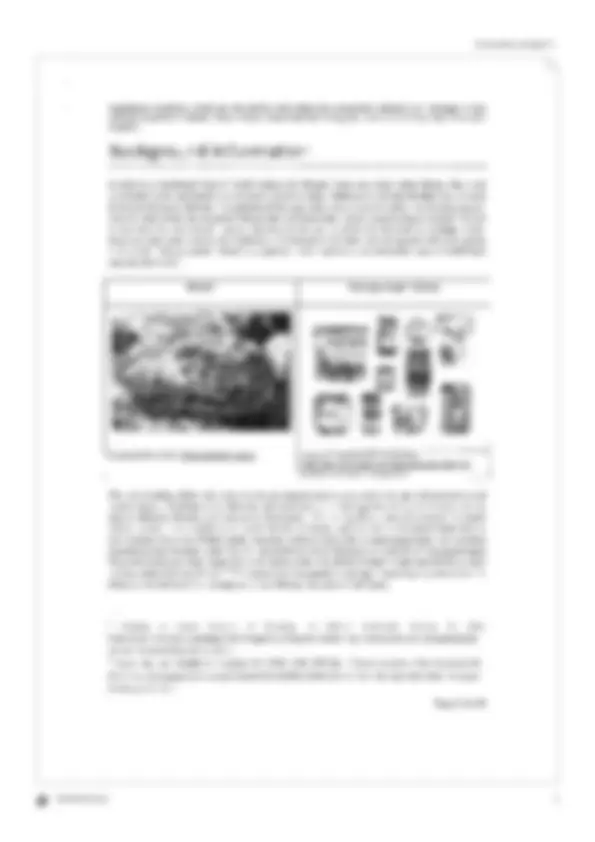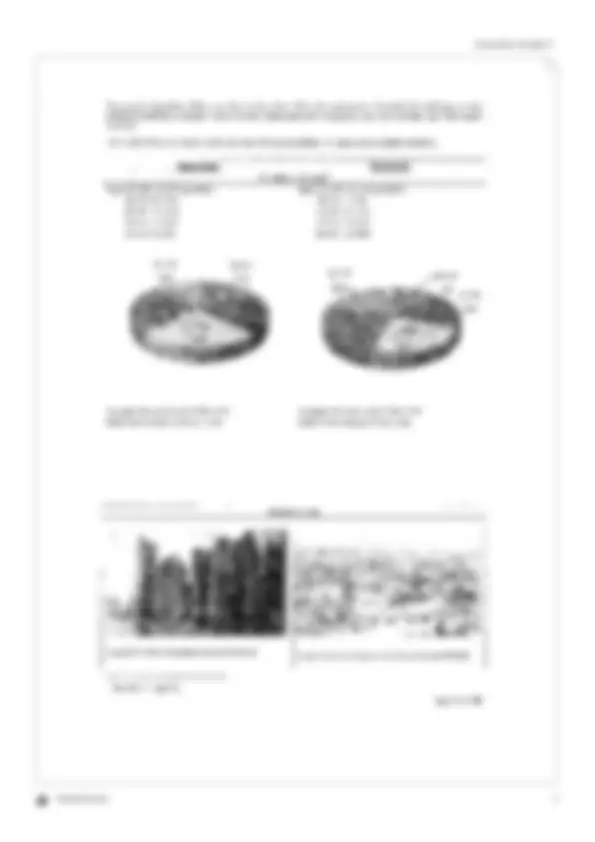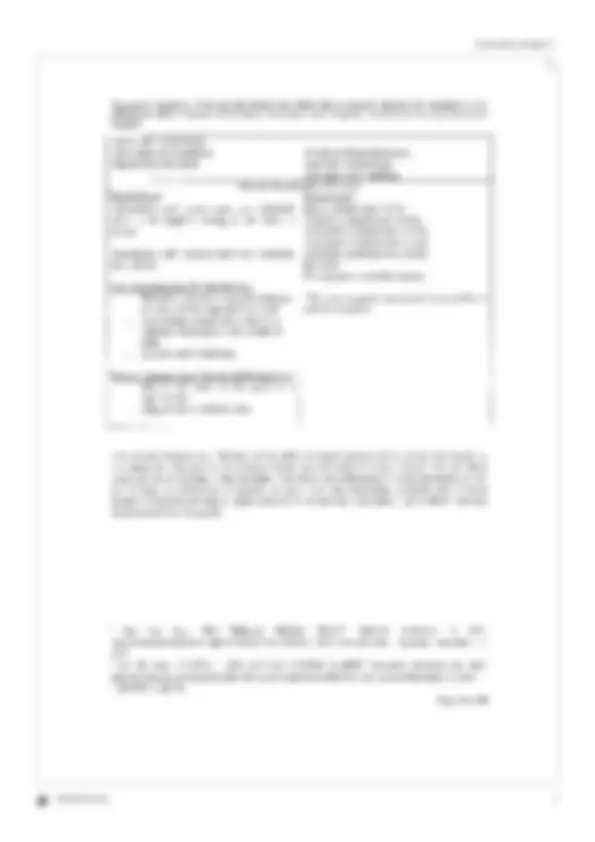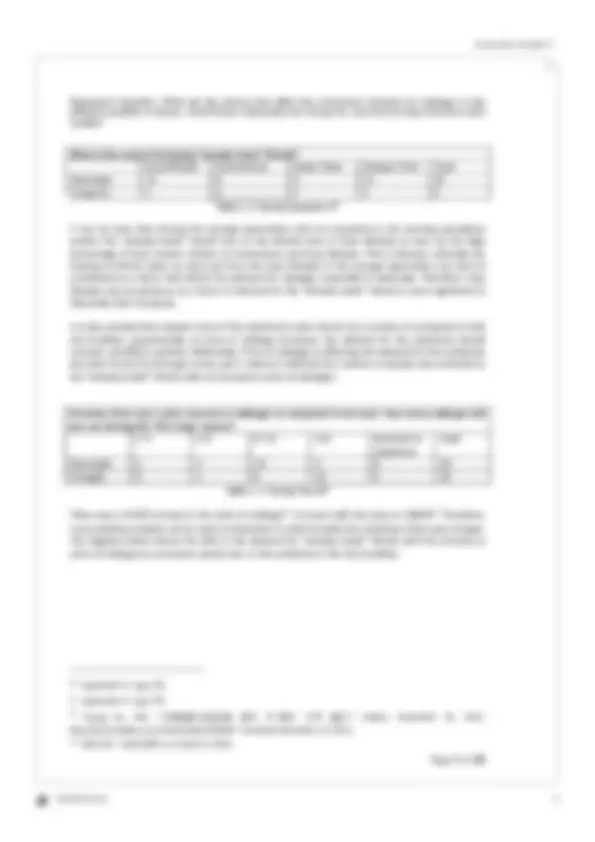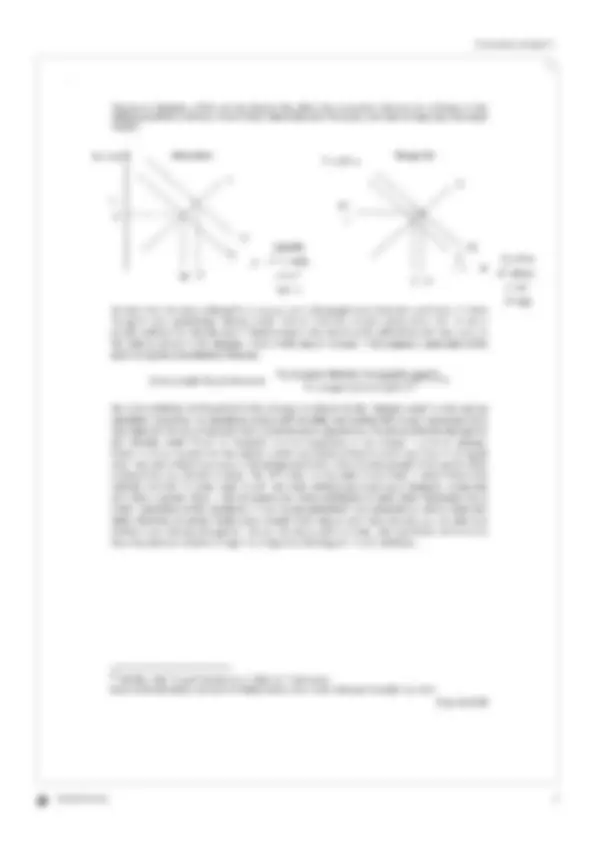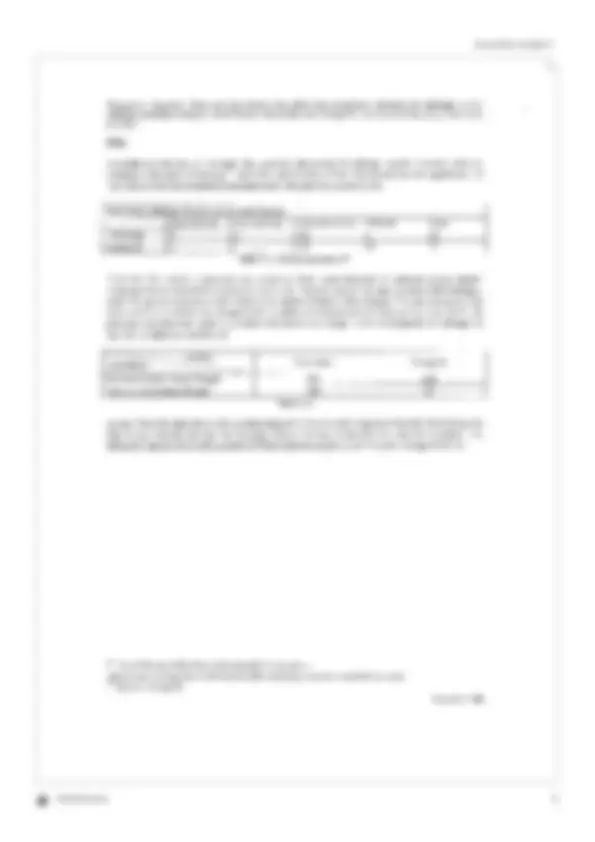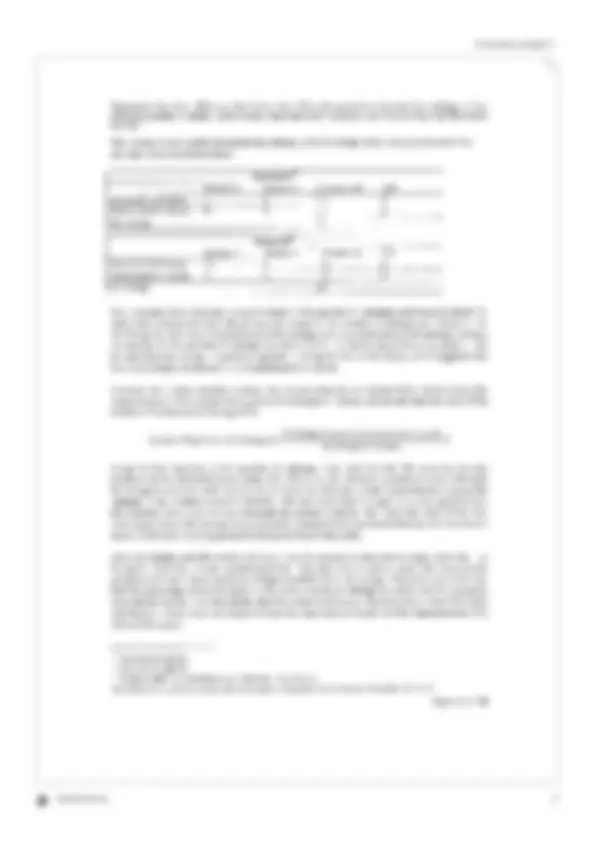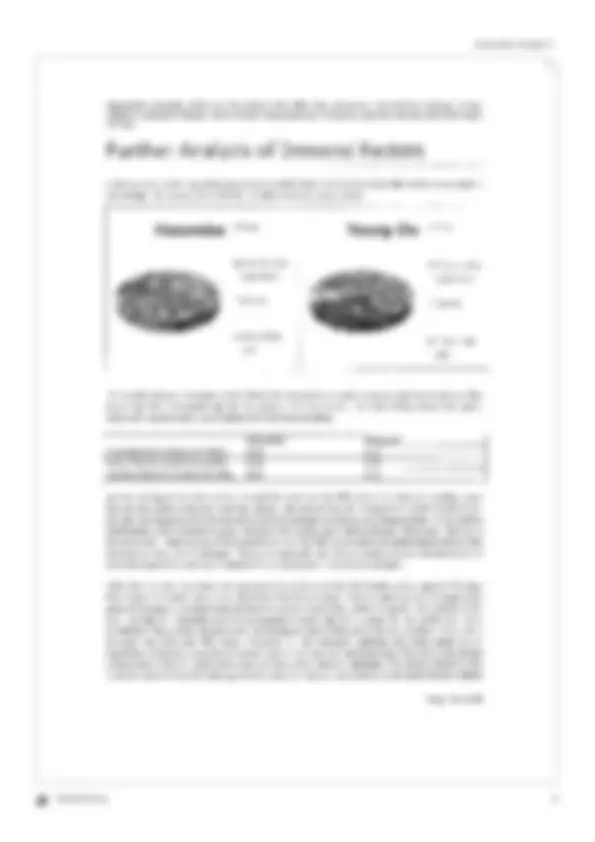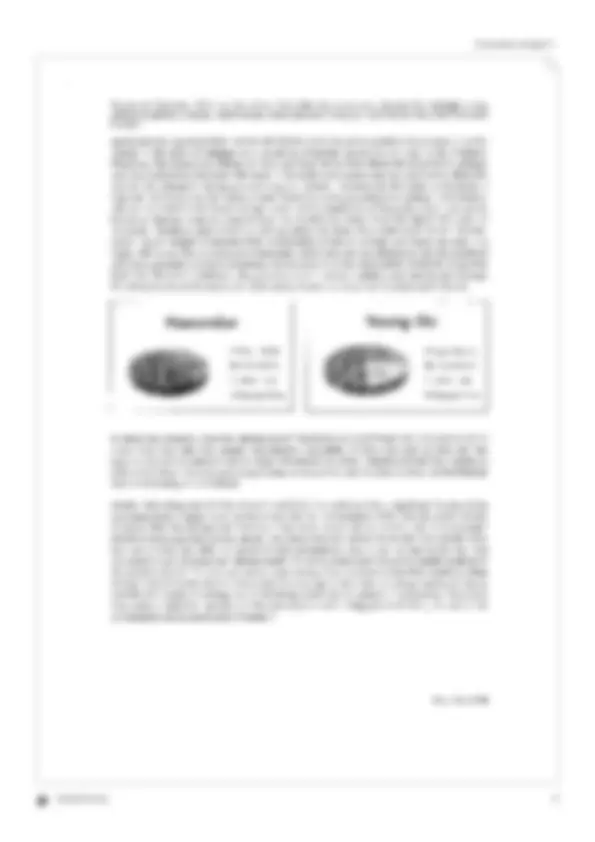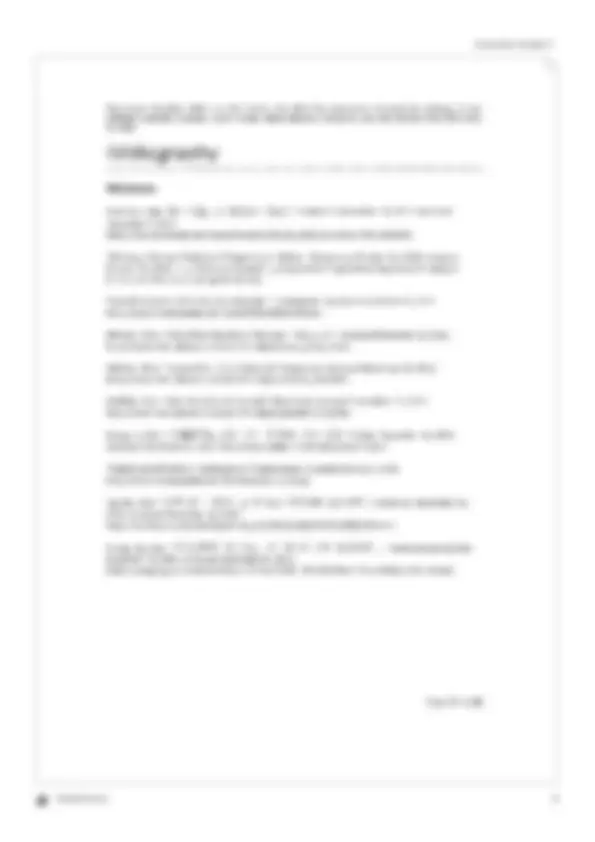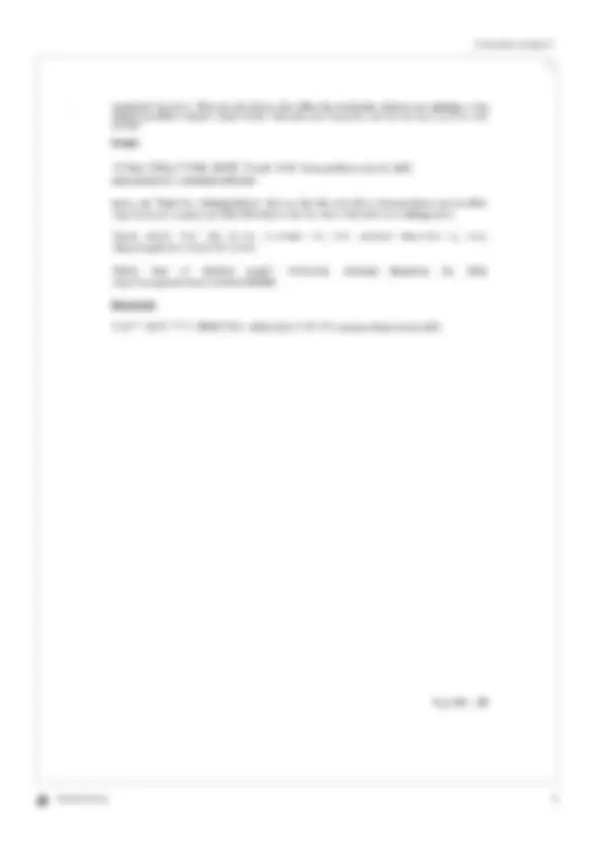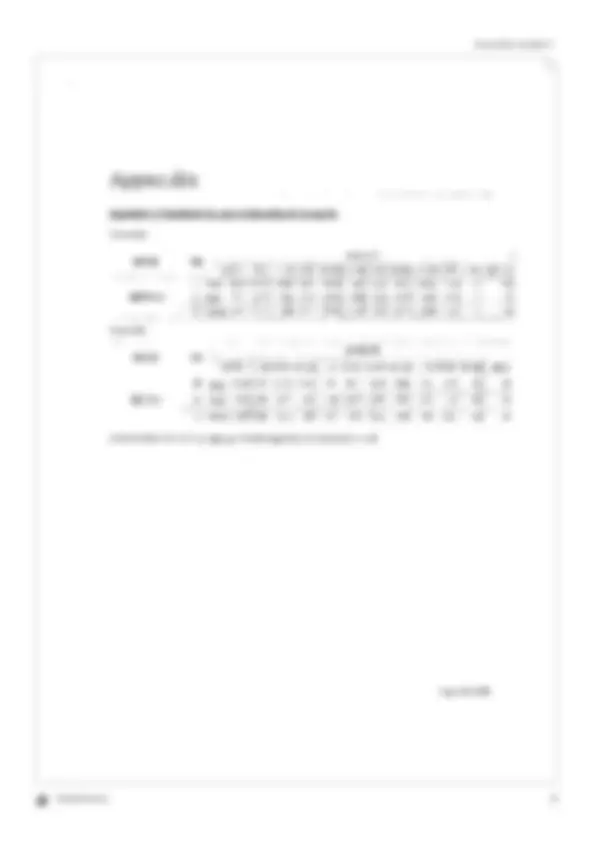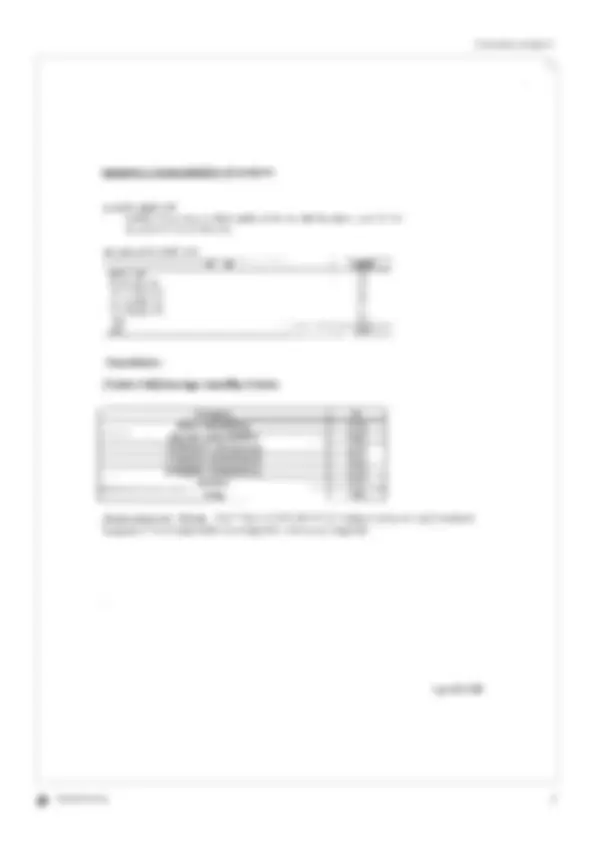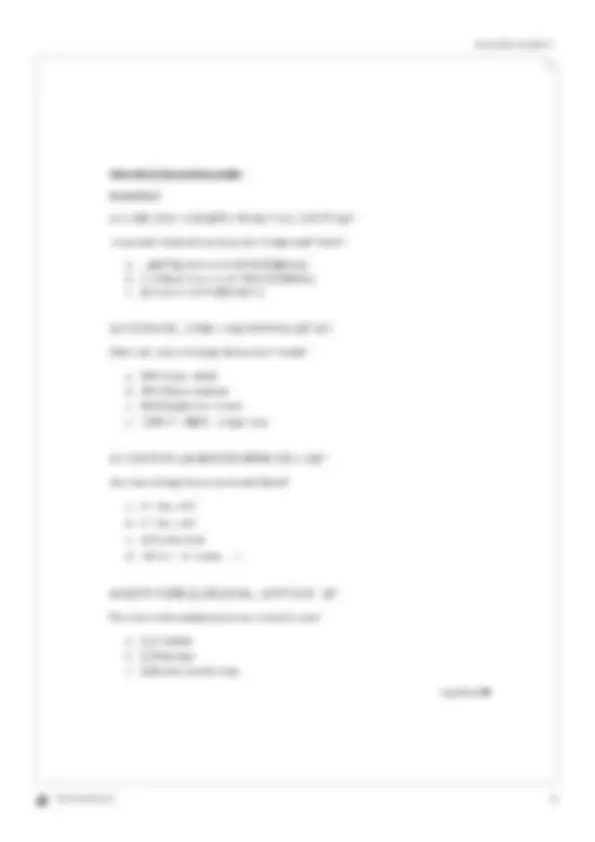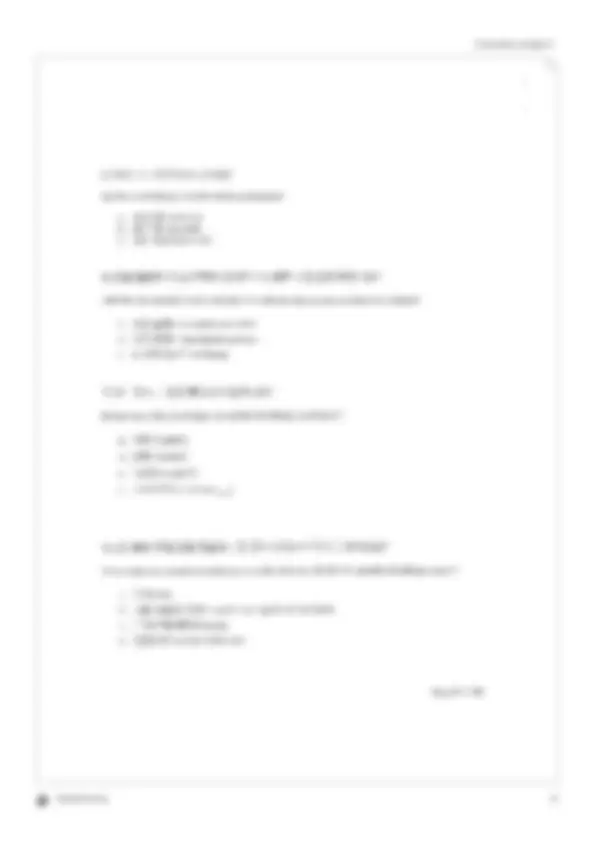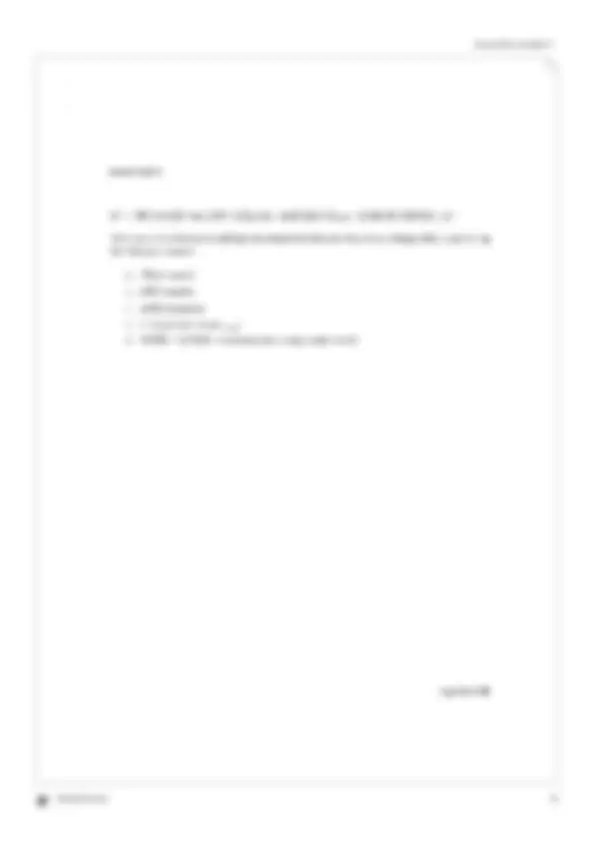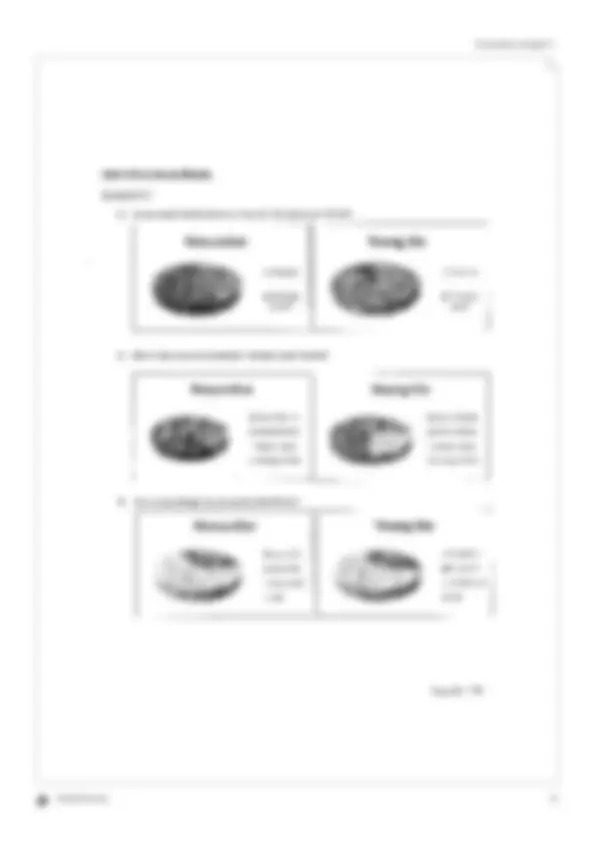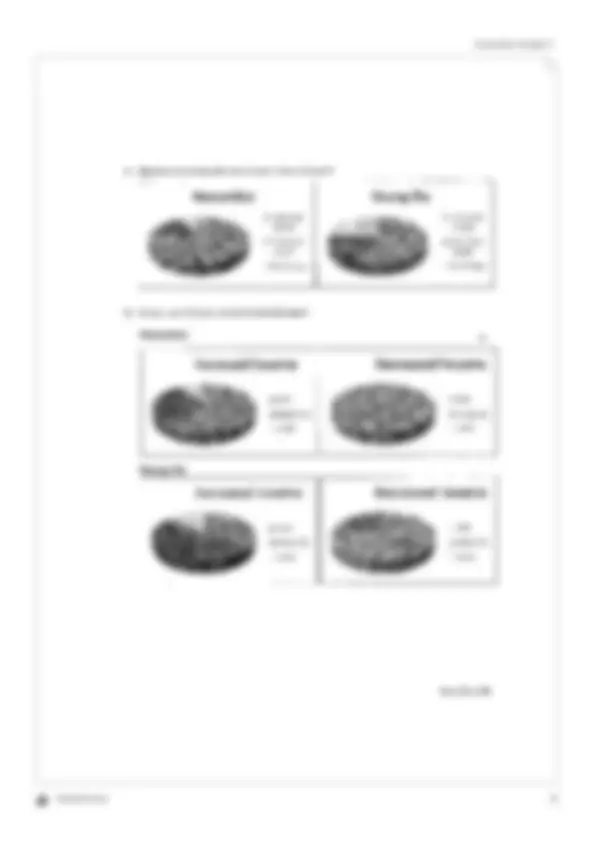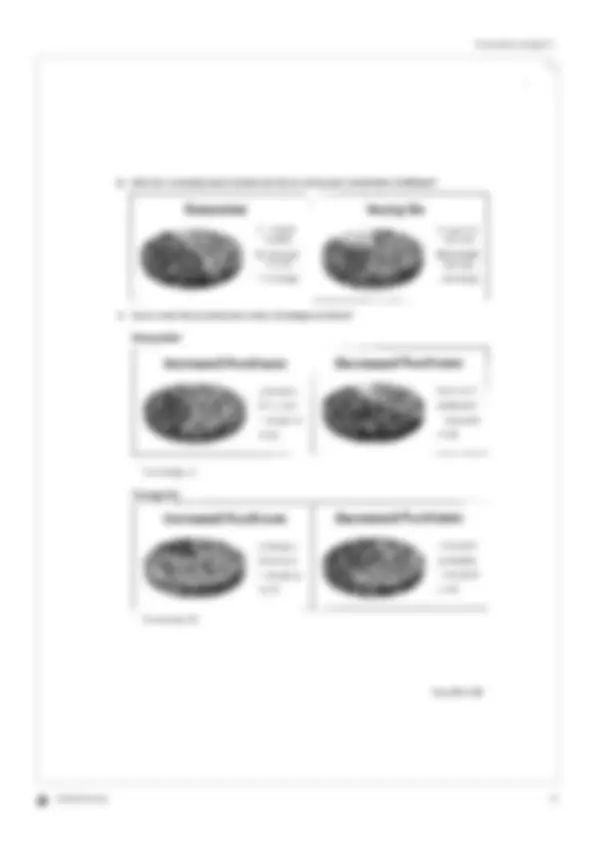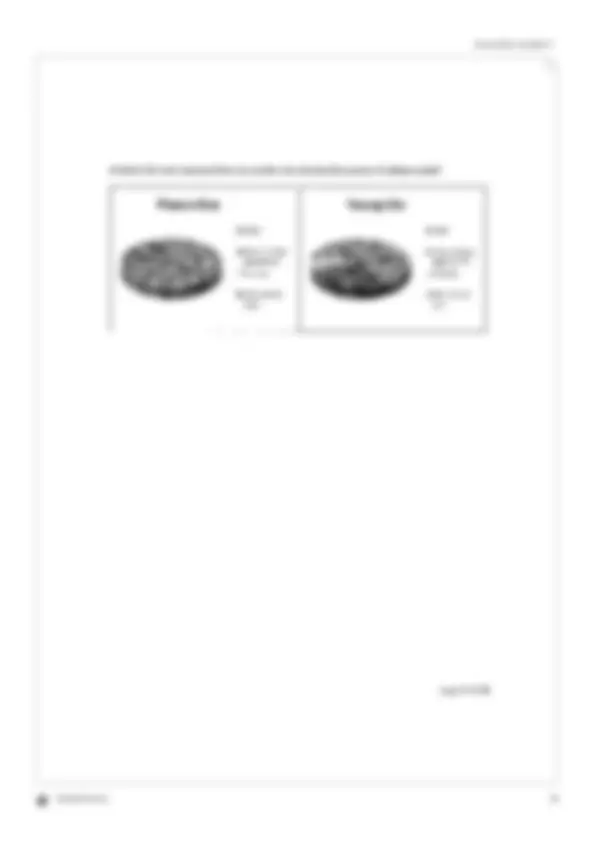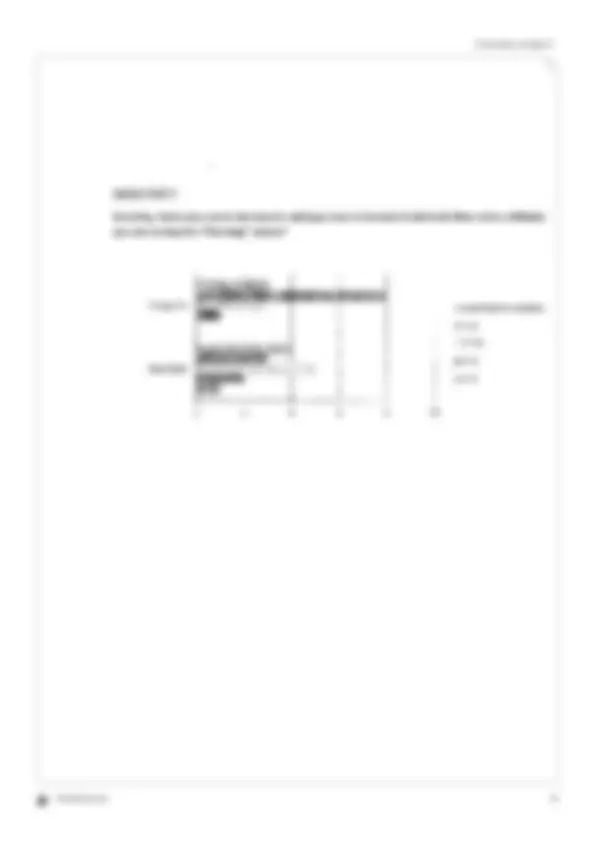Download Economics sample A and more Study Guides, Projects, Research Economics in PDF only on Docsity!
Reasearch Question: What are the factors that affect the consumers' demand for cabbage in two
different localities in Busan, South Korea: Haeundae and Young-Do, and how do they vary from each
locality?
What is the reason for buying "already-made" Kimchi?
Busy lifestyle
Haeundae 14
Young-Do 2
Convenience Better Taste
Table 1. 2: Survey Question 2^10
Cheaper Price Total
It can be seen that among the younger generation who are assumed as the working population
prefers the "already-made" Kimchi due to the limited time in their lifestyle as seen by the high
percentage of their answer choices of convenience and busy lifestyle. This is because culturally the
making of Kimchi takes up time and thus the busy lifestyle of the younger generation can also be
considered as a factor that affects the demand for cabbage, especially in Haeundae. Therefore, busy
lifestyle and convenience as a factor of demand for the "already made" Kimchi is more significant in
Haeundae than Young-do.
It is also notable that cheaper price of the substitute is also chosen by a number of surveyees in both
the localities.$S.onomically, as price of cabbage increases, the demand for the substitute should
increase, showing a positive relationship. Price of cabbage as affecting the demand for the substitute
has been found out through survey part II where it reflected the number of people who switched to
the "already-made" Kimchi with an increase in price of cabbages.
Recently, there was a price increase in cabbages as compared to last year. How many cabbages did
you use during this "Kim Jang" season?
Haeundae 2 4
Youngdo 0 2
Table 1. 3: Survey Part^1111
Switched to Total
Substitute
There was a 43.5% increase in the price of cabbage^12 in busan with the price at 1980W^13 • Therefore,
cross elasticity analysis can be used to determine in which locality the substitute effect was stronger.
The diagram below shows the shift in the demand for "already made" Kimchi with the increase in
price of cabbage as consumers switch over to the substitute in the two localities.
10 Appendix 4. (pg 23).
11 Appendix 4. (pg 27).
(^12) Pyung Ho, Kim. "[{!f\�j-�7r]'fl�� §ld°Or �-l:!H? 7r.2:J %2-r." Dailian. November 22, 2013.
http://www.dailian.co.kr/news/view/405697. Accessed December 13, 2013. (^13) US$1.00 = 1029.60W as of April 13, 2014.
Page 7 of 28

